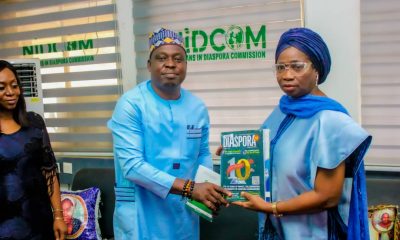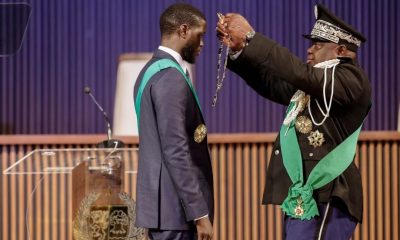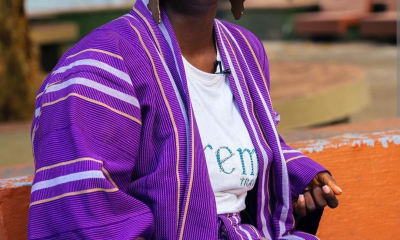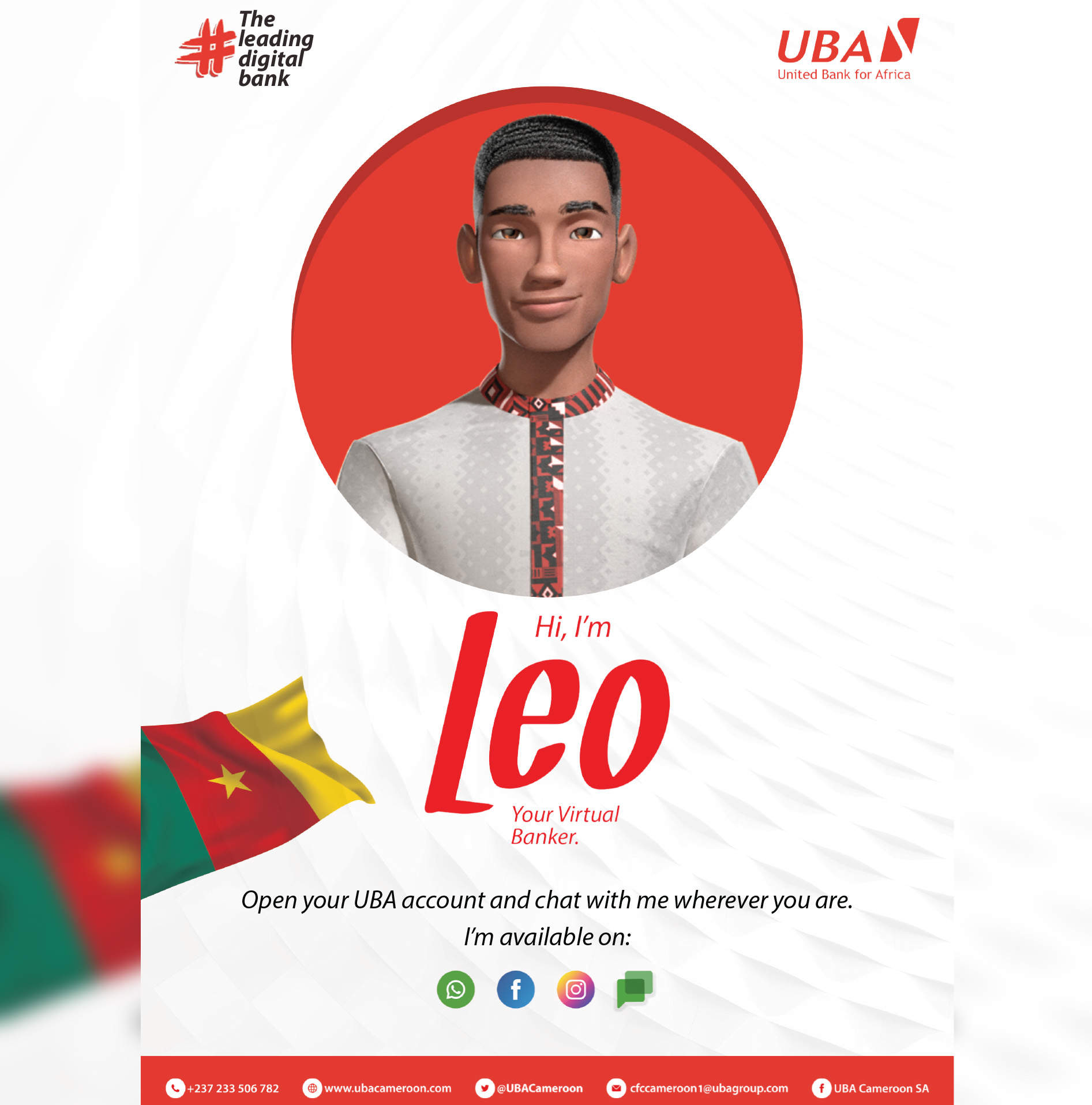• Buhari swears in three INEC Commissioners
The Federal Executive Council (FEC) on Wednesday approved about N38.4 billion for the completion of some road projects in five states across the country.
The council presided over by President Muhammadu Buhari at the present villa, Abuja approved the contracts for the road projects in
Anambra, Bayelsa, Benue, Imo, and Nasarawa states which were inherited from previous administrations.
Minister of Works and Housing, Babatunde Fashola revealed while briefing correspondents at the end of the virtual meeting.
He explained: “They are not new projects, they are projects that we inherited and we are trying to complete. So essentially they relate to cost revision because of the ages of the contracts and the prices of goods that have changed.
“So, the first one was the contract for a 13.5-kilometre spur of the road from Onitsha-Owerri road through Okija-Ihembosi-For Ugbor to Ezinifite in Nnewi South Local Government Area of Anambra State. That contract was awarded in 2011 but wasn’t funded until this administration came in so the contractor is asking us to revise the contract by a review of N488, 980, 891 and an additional completion period of six months and the council approved that review of price and the extended completion period.”
The Minister said the council also approved a contract for the completion of a 20-kilometre road in Bayelsa State.
He further said:“The Second one is the 20-kilometre dualization of Yenagoa road junction to Kolo and Otuoke and Bayelsa Palm in Bayelsa State. That contract was awarded in December 2014 on the eve of the tenure of the last administration and it couldn’t even take off because of militancy issues at the time and also very limited budget provisions.
“It is one of the contracts that we have since activated with the Sukuk Bond. So, the dualization is progressing but there is some additional work that needs to be done. There are also results of further investigations that support a revision of the contract by N7.947 billion and this was approved by the council.”
Fashola said the third contract was for the completion of a road linking Nasarawa and Benue States, Central Nigeria.
Speaking on this, Fashola stated: “The third one is the 74-kilometre Nasarawa to Loko Road.
That is the road that was awarded, I believe, in 2006, so it’s 15 years today, 74 kilometres and it has not been completed. This road links the Loko-Oweto Bridge, which we inherited and which we have completed and that Loko-Oweto Bridge links Nasarawa to Benue, across the River Benue and also connects to the Oweto to Oshogbedo Road, which we also inherited, which we have completed.
“The complete lane from Otukpo to Nasarawa ought to be facilitated by this 74-kilometre road. The contractor has struggled with just about five kilometres of it since 2006, and a small bridge. So, what we’ve proposed was that instead of going through the long process of termination and all of that, we proposed and Council agreed that the contractor who finished the bridge and the contractor who finished the road, because they were all awarded to different contractors before we came, should join this contractor and take up the remainder.
“So, we’ve limited the contractor who was originally awarded this road to just 10.8 kilometres, that’s all he will do. So, we’ve awarded 42 kilometres to the contractor who did the Oshogbedo-Oweto Road and we’ve then awarded 21 kilometres, which is the part joining the bridge directly, to the contractor who completed the bridge. So, all of these totalling a revised project sum of about N30 billion, shared amongst the three contractors.”
Fashola assured that the completion of the road will also save travel time for users, especially those travelling from Otukpo in Benue state to Nigeria’s capital, Abuja.
According to him, “What is instructive is that once we finish this last part of the road, although it is being used now, but is not tarred, commuters are using it because it cuts off three hours from the journey from Otukpo to Abuja.
“Motorists don’t have to go through Lafia, if you climb the Oweto Bridge across the River Benue, land in Nassarawa, you’ll be landing around Keffi. So, it’s cutting off 103 kilometres from that journey from Otukpo to Abuja, which is about three hours. It used to be six hours plus.
“This is strategic also for providing prosperity, lifting people out of poverty because if the saying that time is money is true, everybody who saves three hours has three hours’ extra productivity and also consumes three hours less fuel and travel time and so on.
“So, Council approved this memo and we hope that sometime next year we can complete that linkage, but as you know, those of you who went with me, commuters are already using the road in spite of that path not being complete.”
Also speaking, Minister of Water Resources, Suleiman Adamu, said Council approved the sum of N10.7 million as augmentation for the completion of the Middle Rima Valley Irrigation Project in Sokoto State.
He added: “The Federal Ministry of Water Resources presented a memo to council for the revised total cost of phase II of the construction of middle river valley irrigation project. That is the completion of the middle Rima valley irrigation project in Goronyo, Sokoto state.
“This contract was started in 1999 by the military administration then, the first phase was completed, comprising 873 hectares. Phase II was started in 2007 and that is what we have been struggling to complete. It is also an inherited project.
“The total scope of phase two is 404,333 hectares out of which about 80% of the work has been done. So, this memo is seeking a revised cost of the project, with an augmentation of about N10.7 million so that we’ll be able to finish the project, hopefully before the expiration of this administration in 2023.”
Adamu said the project has the potential of generating employment for almost 50,000 people as well as enhancing food production, adding:
“It’s expected to provide, by the time it’s completely finished, a production of 39,000 tons of rice, 195,000 tons of vegetables per annum and it will generate employment for not less than 47,000 people and their families.
“So, Council graciously approved this memo with an additional completion period of about 24 months. Like I said, our target is to try to complete this project by 2023. This is in line with what we’ve been doing since the inception of this administration in my ministry; to complete ongoing, inherited and abandoned projects.”
The Minister said out of the government’s target of completing the 116 inherited projects, 34 have so far been completed.
Before the commencement of the FEC meeting, President Buhari swore into office three National Commissioners of the Independent National Electoral Commission (INEC).
They include Dr Baba Bila representing the North-East zone, Professor Sani Adam, North-Central and Professor Abdullahi Abdu, representing North-West.



 diplomacy4 semaines ago
diplomacy4 semaines ago


 News4 semaines ago
News4 semaines ago


 News3 semaines ago
News3 semaines ago


 News2 semaines ago
News2 semaines ago


 Features2 semaines ago
Features2 semaines ago


 Entertainment5 jours ago
Entertainment5 jours ago











